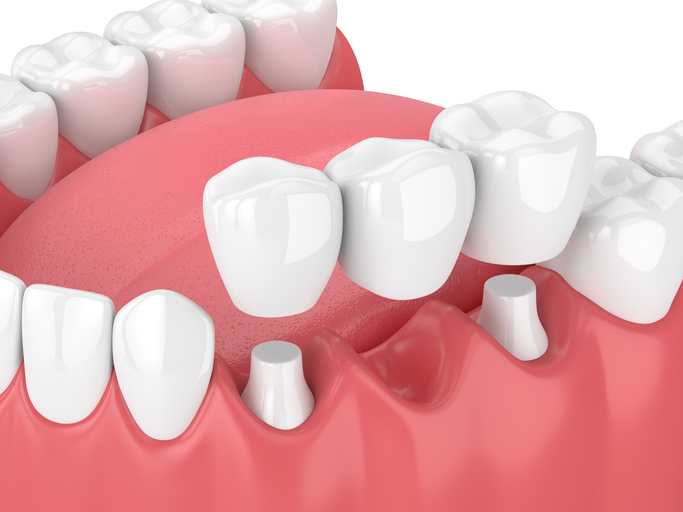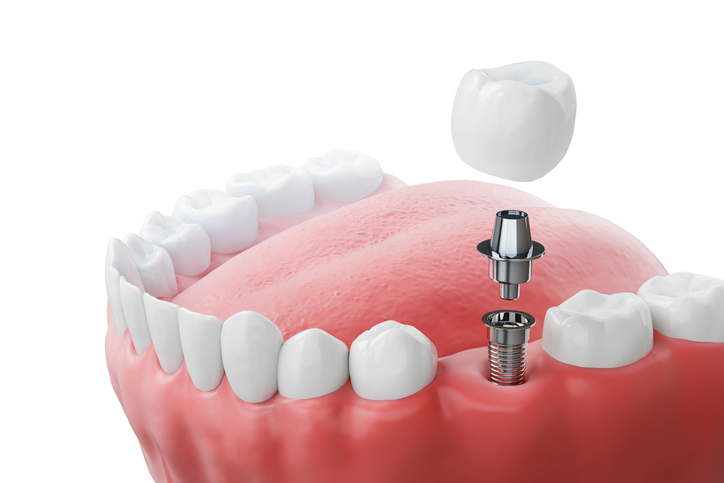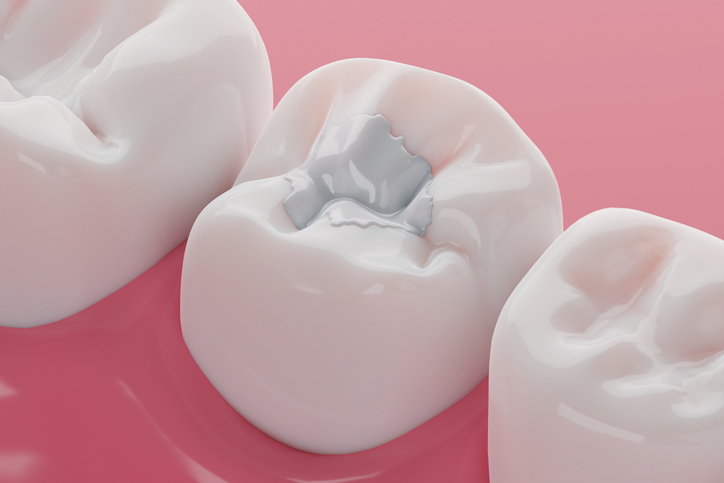
Tooth-colored fillings, also known as composite fillings, are becoming an increasingly popular choice for restoring teeth. More and more patients are choosing these fillings because they offer not only health benefits but also an aesthetic advantage that traditional options like amalgam can’t match. Today, we’ll explore the unique benefits of tooth-colored fillings and how they can improve both the health and appearance of your smile.
What Are Tooth-Colored Fillings?
Tooth-colored fillings are made from composite resin or porcelain, materials specifically designed to match the natural shade of your teeth. These fillings are used to repair cavities or other damage, much like traditional silver (amalgam) fillings, but they offer significant differences in terms of material composition and appearance.
While amalgam fillings are made of a mixture of metals, composite fillings are a blend of resin and glass particles. This gives them a natural look and allows for a more precise fit within the tooth. One of the main reasons for their growing popularity is their biocompatibility. Unlike traditional amalgam, which contains mercury, composite resin fillings are free from toxic metals, offering a safer option for patients. These fillings are also incredibly durable and can last many years with proper care.
Health Benefits of Tooth-Colored Fillings
Tooth-colored fillings provide several health advantages that go beyond their aesthetic appeal. One of the primary benefits is the amount of natural tooth structure that is preserved during the filling process. With traditional amalgam fillings, a larger portion of the tooth must be removed to secure the filling. However, tooth-colored fillings bond directly to the tooth, allowing your dentist to keep more of your natural tooth intact. This not only strengthens the tooth but also reduces the risk of future damage.
Another health benefit is the bonding strength of composite fillings. Since the material bonds to the tooth, it creates a strong connection, reducing the risk of tooth fracture. This makes tooth-colored fillings particularly useful for restoring teeth in high-pressure areas like the molars, where chewing forces are greatest.
Additionally, tooth-colored fillings are non-toxic and mercury-free, which can be an important consideration for patients concerned about the potential risks associated with amalgam fillings. By choosing a filling material that’s compatible with your body, you reduce the possibility of allergic reactions and other health complications.
Aesthetic Advantages of Tooth-Colored Fillings
One of the main reasons patients choose tooth-colored fillings is their natural appearance. These fillings are designed to match the exact shade of your tooth, creating a seamless restoration that’s almost invisible. Whether you need a filling on one of your front teeth or a molar in the back, tooth-colored fillings blend in naturally, helping you maintain a confident, bright smile.
Unlike silver amalgam fillings, which can cause visible dark spots on your teeth, composite fillings offer a discreet alternative. The minimally invasive technique used to apply composite fillings allows your dentist to shape and polish the filling for a smooth, natural look. Because they match your natural tooth color, these fillings are ideal for both the front and back teeth, providing aesthetic flexibility no matter where the filling is needed.
Additionally, tooth-colored fillings can be used to repair small chips or cracks in the teeth, further enhancing the appearance of your smile without drawing attention to the repair. The material’s ability to mimic the natural translucency of enamel makes it a preferred option for patients looking to maintain the aesthetics of their teeth.
Long-Term Care and Maintenance
Just like with any dental restoration, it’s essential to take proper care of your tooth-colored fillings to ensure their longevity. Regular oral hygiene habits, such as brushing and flossing, play a crucial role in maintaining the health of your fillings. Be sure to use a soft-bristled toothbrush and a non-abrasive toothpaste to avoid wearing down the surface of the composite resin.
In addition to your at-home care routine, regular dental checkups are necessary to monitor the condition of your fillings. Dr. Taylor and the team at North Royalton Family Dental can help assess your fillings for any signs of wear or damage and recommend any necessary repairs or adjustments. It’s also important to avoid habits like biting on hard objects or chewing ice, which can compromise the integrity of your fillings over time.
By following these care guidelines, you can extend the lifespan of your tooth-colored fillings and continue enjoying their benefits for many years.
A Perfect Blend of Health and Aesthetics
Tooth-colored fillings offer the best of both worlds: the health benefits of a durable, non-toxic material and the aesthetic advantage of a natural, seamless restoration. Whether you need to repair a cavity or improve the appearance of your smile, these modern fillings are an excellent choice for patients seeking both form and function.
If you’re considering tooth-colored fillings or have questions about which type of filling is right for you, we encourage you to schedule an appointment with Dr. Taylor at North Royalton Family Dental. Our team is here to help you make informed decisions about your dental care and find the best solution for your unique needs. Together, we can ensure that your smile stays both healthy and beautiful for years to come.

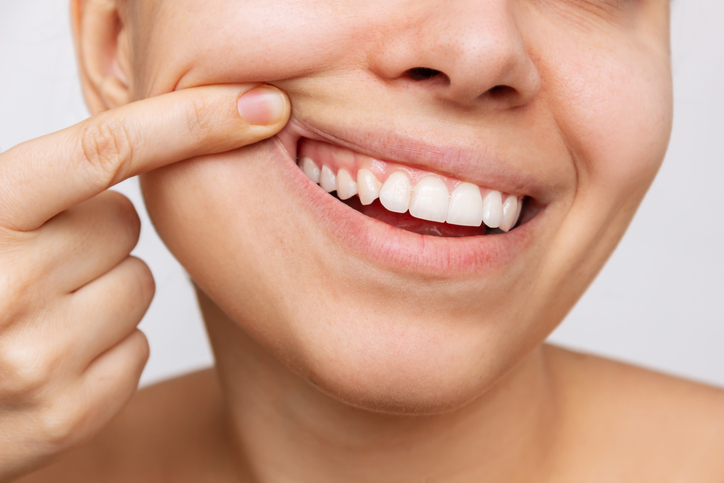


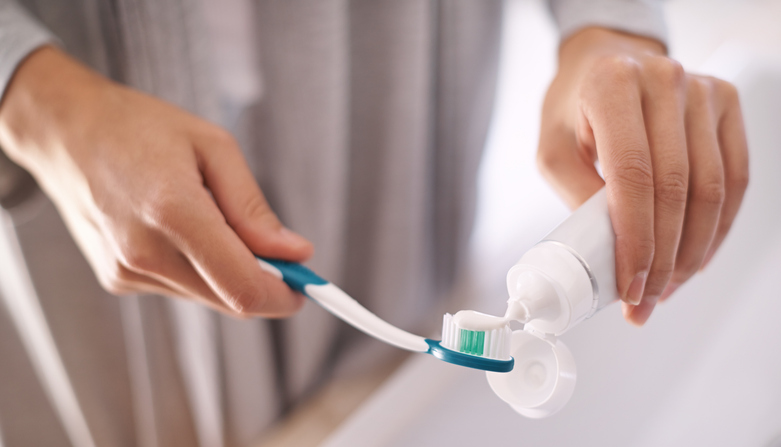 Did you know that nearly half of adults over the age of 30 have some form of gum disease? This startling statistic underscores the importance of maintaining good oral hygiene. While brushing and flossing are the cornerstones of a healthy smile, the tools you use can make a significant difference in your overall dental health.
Did you know that nearly half of adults over the age of 30 have some form of gum disease? This startling statistic underscores the importance of maintaining good oral hygiene. While brushing and flossing are the cornerstones of a healthy smile, the tools you use can make a significant difference in your overall dental health.